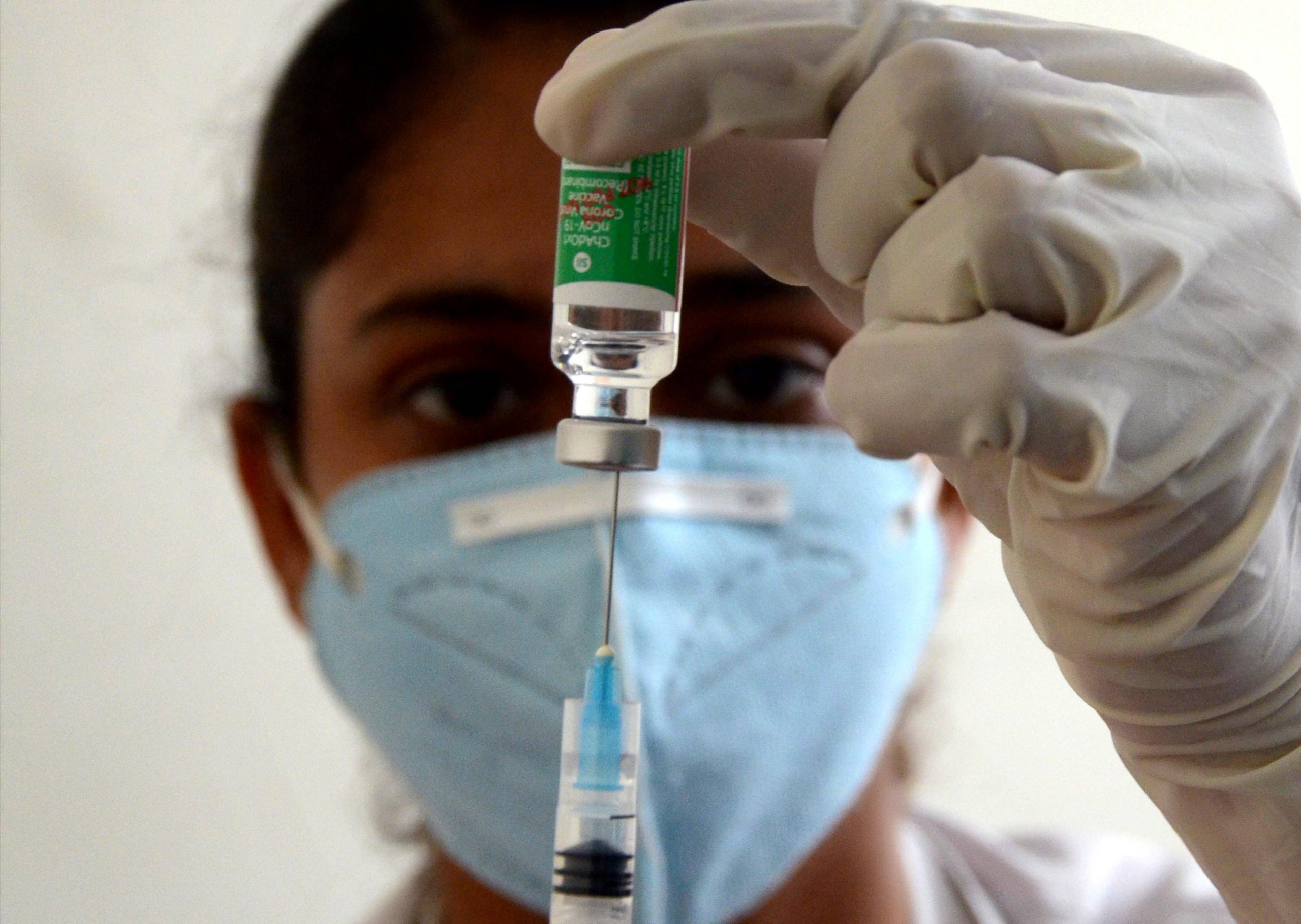The Indian COVID-19 vaccine Covishield dose is not eligible for a European Union (EU) travel pass for vaccinated travellers.
The vaccine maker, Serum Institute of India (SII) has not clarified if they have applied for EU’s approval, but the vaccine currently does not appear to be under review.
The ineligibility of Covishield for the EU travel pass means that travellers from India, who have received two doses of the vaccine, will not be eligible for the EU’s Green Pass.
Several EU members have started rolling out digital vaccine passports for easy travel between member countries for work and tourism. Although the EU has approved Vaxzevria version of the AstraZeneca vaccine that is produced in the UK and Europe as digital vaccine transport, it hasn’t approved Covishield, manufactured by the Serum Institute of India (SII).
Meanwhile, SII’s Chief Executive Officer (CEO) of SII Adar Poonawalla said that the company was hoping “to resolve the matter”.
“I realise that a lot of Indians who have taken COVISHIELD are facing issues with travel to the E.U.”, said Poonawalla. “I assure everyone, I have taken this up at the highest levels and hope to resolve this matter soon, both with regulators and at a diplomatic level with countries”, wrote Poonawalla on Twitter on Monday.
Also read | COVID ‘winners’ enter their worst phase as new variants emerge
Another Indian vaccine Covaxin has not yet received the approval of the World Health Organisation (WHO) and has not applied for European Medicines Agency (EMA) authorisation. Covishield and Covaxin together account for most of the 321 million doses given in India so far, which puts the country at a disadvantage, reported the BBC.
In a recent G7 meeting to which India was invited, Dr Harsh Vardhan, the Health Minister of India, said that the country was “strongly opposed to a vaccine passport at this juncture”.
Also read | Foreign scientist to work in Wuhan lab prior to COVID outbreak speaks out
Earlier in June, Vardhan tweeted, “India, which manufactures nearly 60% of all vaccines & holds rich expertise is well suited to help the world augment capacity & supply”.
“With vaccine coverage as a % of population in developing countries still low compared to developed countries, such an initiative could prove to be highly discriminatory”, said Vardhan.







